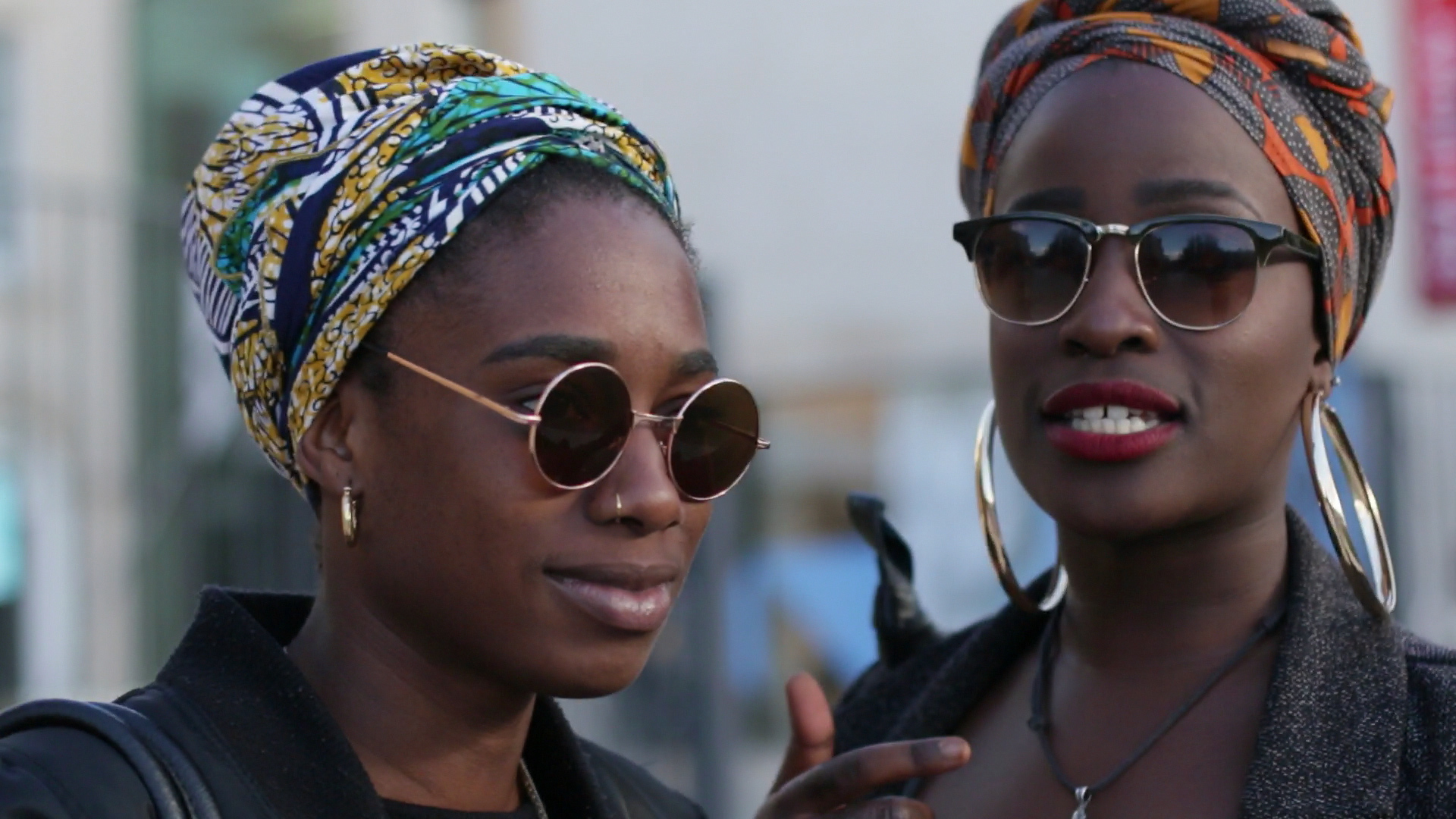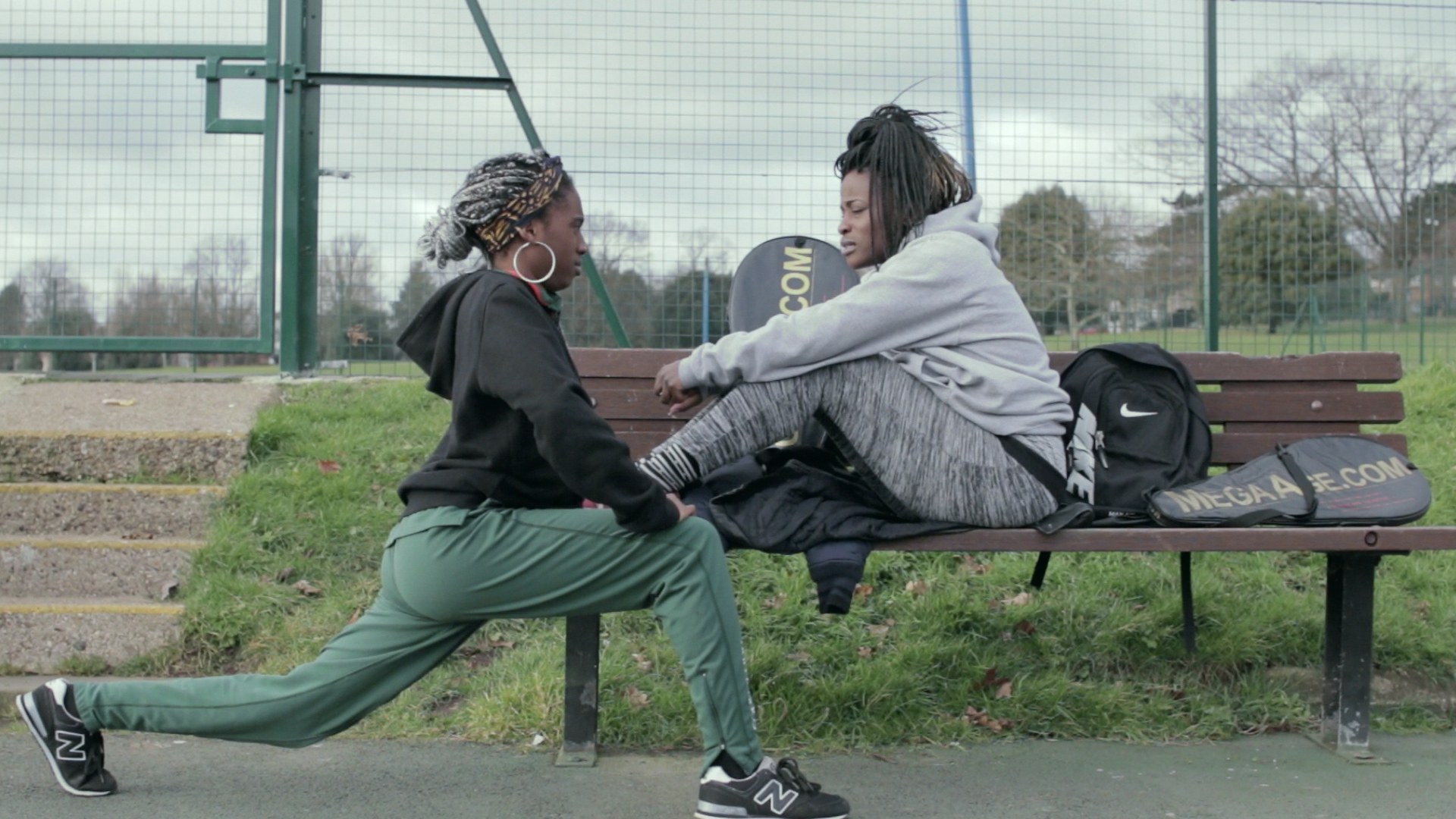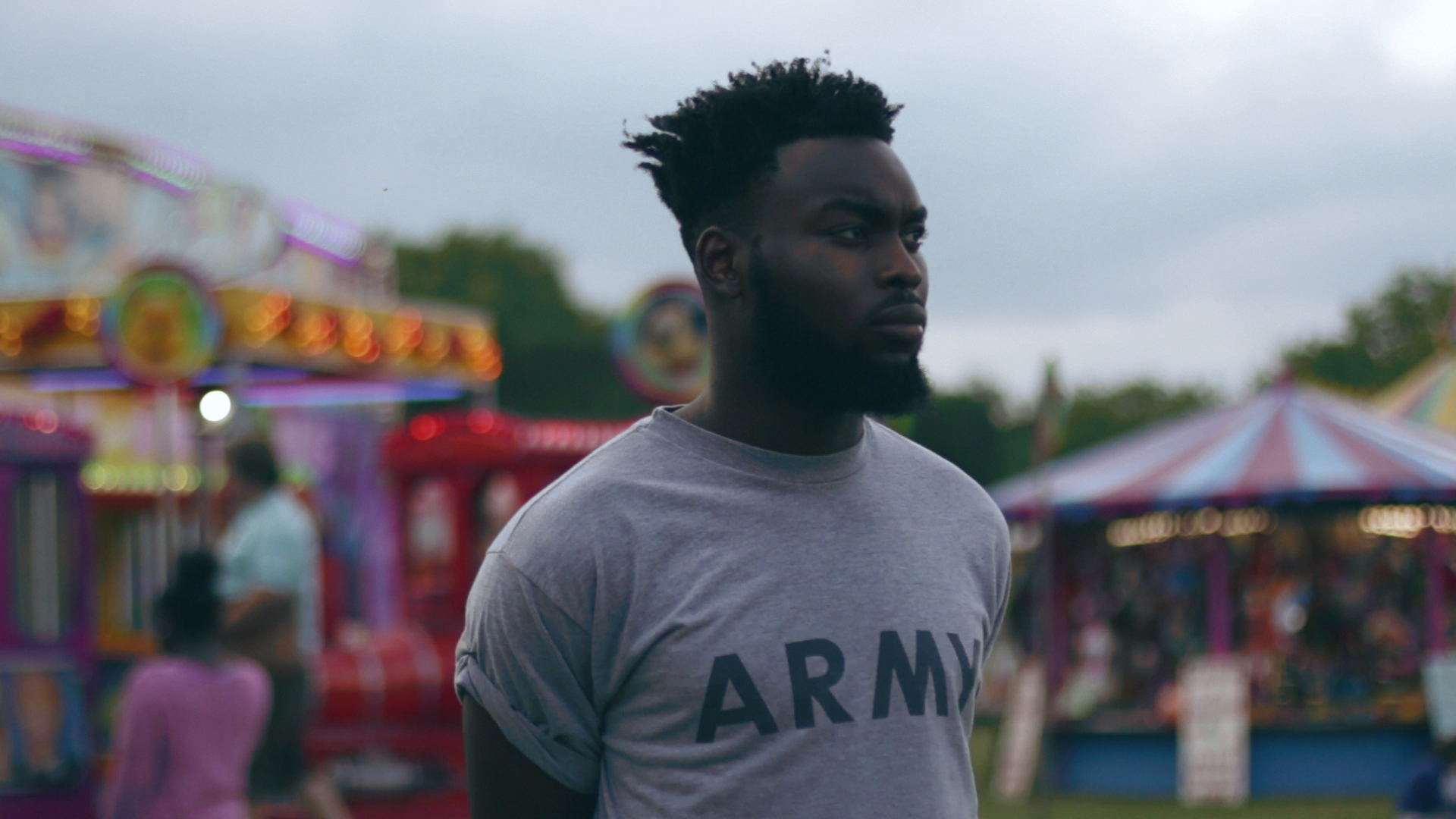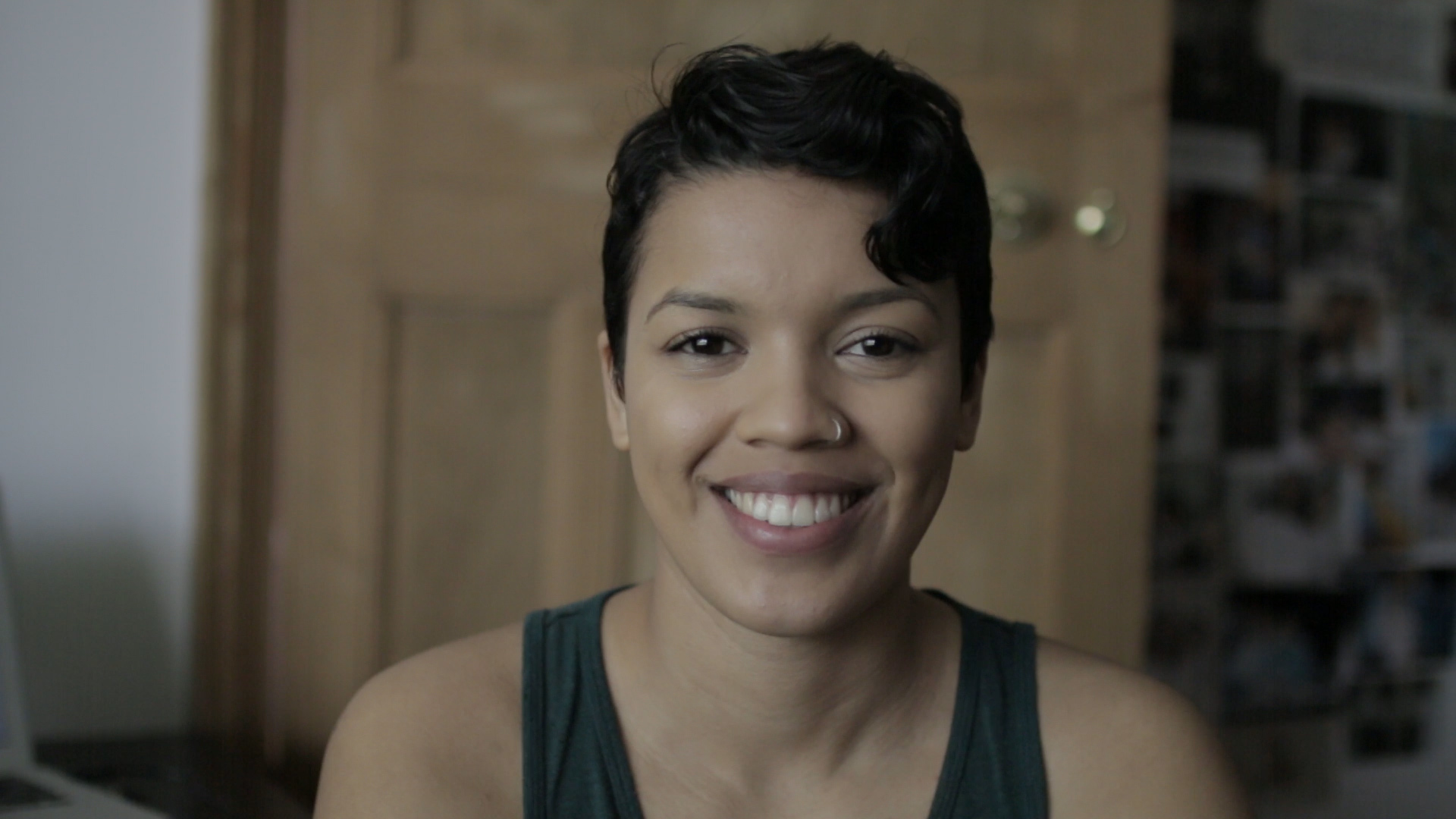Having just released its final episode, Ackee & Saltfish is both familiar and hilariously funny. London native, Cecile Emeke started it as a short film but it quickly expanded into a breakout web series depicting the everyday lives of besties Rachel and Olivia. Whilst the likes of Deadline‘s Nellie Andreeva may think that the recent rise in “ethnic” casting is “too much of [a] good thing,” it’s brilliant to see homegrown talent creatively expressing the conversations, issues and daily exploits that many of us experience.
Emeke’s foray into filmmaking came from a need to explore her creative interests and has seen her launch documentary series’ such as Strolling and Fake Deep – material that at its core offers truthful insights into the experiences of the black diaspora and black women.

Tell us about your background in art and filmmaking…
I have always been a creative person but I got into filmmaking in early 2014 after dropping out of university. I started playing around with a friend’s camera, taught myself the basics and started to experiment from there.
Tell us what you mean by “a cohesive identity” and internationalising the problems Black Europeans face?
I don’t think we should internationalise the problems that only Black Europeans face, but I think we should start to realise that black people live in all corners of this globe and that it’s a global and nuanced experience.
Your documentary series’, Strolling and Fake Deep are two really important pieces of discourse. What were your aims in developing the series and the conversational structure of these shorts?
Strolling is a documentary series that aims to provide a platform and a space for honest and open intra-communal dialogue within the global black diaspora. Our stories are scattered all over the world, and we want to connect them, in order to learn and celebrate both the differences and similarities.
Fake Deep is a short film where six talented actors performed a poem I wrote. I wanted to articulate some of my feelings about the subtle and benevolent misogyny that black women face. I remember being much younger and going through various abusive experiences and never having the words to understand them or articulate them. I wanted to articulate what I once couldn’t, and share it with whoever else has had similar experiences.

How do you think stimulating an open dialogue for Black Britons will impact how mental health issues such as severe anxiety and depression are looked upon and accommodated?
I think it’s important to remember that there is a concrete history of a racist medical and mental health system that has never been interested [in] looking into the psychology of white supremacy and the effects it has. Many of the diagnostic manuals are ethnocentric and black people historically have been sectioned and labelled as mentally ill for having very much, common and rational thoughts. I hope Strolling and these open conversations can be part of what helps us all realise that some of our issues are inevitable side effects of generational trauma.
People acknowledge the effects of a singular traumatic incident through the PTSD and they also acknowledge the effect of abusive or traumatized parents. Black people often come from generational and ongoing trauma, that’s lasted for over 500 years and there is no support. That’s something I want to be a part of changing in the future. I hope in the meantime that things like Strolling can alleviate alienation and affirm us to the point where we think “How could I not suffer from depression sometimes? How could I not suffer from anxiety with the way things are?” When we stop blaming ourselves for being humans and reacting to a system and history that is obviously oppressive then I think we are in a better place to start processing these issues properly. I hope Strolling can provide a safe digital space at the very least for some people who may not have that in their everyday life.
Tell us about your newest short, Ackee & Saltfish…
Ackee & Saltfish is a short film about two hilarious best friends, Olivia and Rachel. On a sunny Sunday afternoon in East London, when the time comes to whip up some brunch it turns out Rachel forgot to soak the saltfish overnight. With their hearts set on ackee & saltfish, the two friends decide to go to Dalston to get some Caribbean takeaway. Somehow the simple trip turns sour and things turn from empty-bellied banter about Solange Knowles, and couscous, to heated conversations about life and personal digs at each other.
Which three characteristics from personal friendships would you say inspired some of the details you’ve weaved into the rapport of Rachel & Olivia in Ackee & Saltfish?
Banter, banter and banter.
As we’re all aware, the internet has given wider access to a myriad of voices to tell their stories, often through mediums such as YouTube & Vimeo. So what motivated you to first use a platform like VHX for the Ackee & Saltfish release?
I wanted to sell the short film and after some research VHX seemed like the best option.
Did you always plan on extending it into a web series?
I didn’t always plan it, but I made the decision whilst we were workshopping for the short film, before shooting. I didn’t want to say goodbye to Olivia and Rachel just yet.
You’ve been quoted as saying mainstream media is “often a tool of propaganda.” How important do you think art is in pushing movements of activism forward in efforts to create a balance or even an overhaul?
I think historically art has been an important tool that ordinary people have used to express themselves and create change, and I think it has the same potential today.
What are your current thoughts on British film and television?
Bored of 98% of it, but I’m really enjoying the work of people like Amma Asante and others creating great work.
What is your advice for anyone wanting to start out in documentary filmmaking or fictional filmmaking?
Just create what you want to see with whatever you have got and let it grow from there.
Where is the best place to get Ackee & Saltfish in London?
My mother’s kitchen but it’s invite only – sorry!

Credits
Text Laura Arowolo
